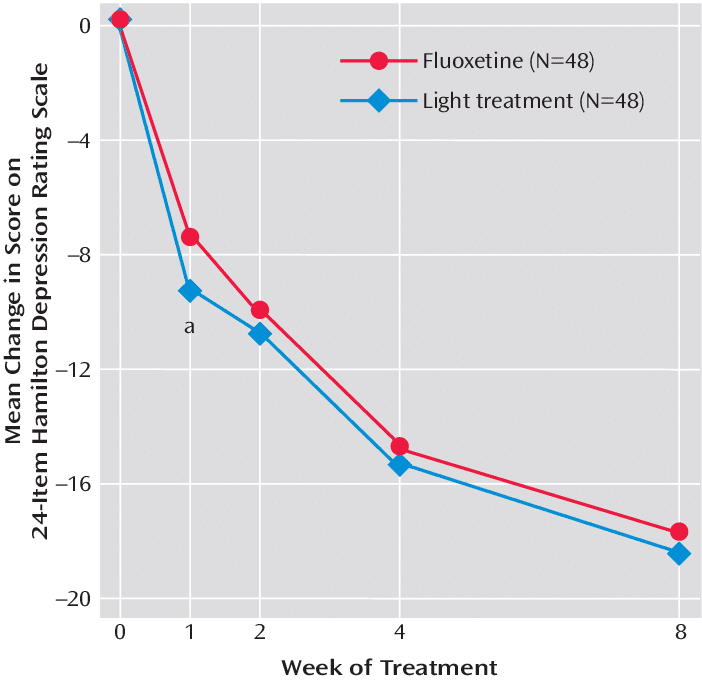Depression Assessment
3 Min Free Depression Assessment
Who Can Benefit From This Depression Assessment?
The Depression Assessment can benefit anyone who is experiencing difficulties with mood, feelings of sadness or hopelessness, or suspects they may have depression. Depression is a common mental health condition characterized by persistent feelings of sadness, loss of interest, and changes in appetite and sleep patterns.
This assessment may be particularly useful for individuals who have persistent feelings of sadness or hopelessness, lack of motivation, difficulty concentrating, or changes in appetite and sleep patterns. The assessment can help individuals better understand their symptoms and determine whether they may benefit from seeking support from a mental health professional.

Depression Assessment Accuracy

The accuracy of a Depression Assessment can depend on several factors, including the honesty and accuracy of the responses provided by the user, and the individual’s current state of mental health. It’s essential to note that a Depression Assessment is not a substitute for a formal diagnosis by a licensed mental health professional and it is best used as a screening tool to identify potential symptoms and risk factors for depression.
However, many Depression Assessments have been designed and validated by mental health professionals and researchers to ensure their accuracy and reliability. These assessments typically involve a set of standardized questions and scoring procedures to provide an objective measure of depression symptoms. It’s essential to remember that while a test can provide useful information, it should not be used in isolation to diagnose or treat depression.
Types of Depression Assessment
Beck Depression Inventory (BDI):
This is a self-report questionnaire that assesses the severity of depressive symptoms. The BDI consists of 21 items and is commonly used in research and clinical settings.
Patient Health Questionnaire (PHQ-9):
This is a self-report questionnaire that assesses the severity of depressive symptoms. The PHQ-9 consists of nine items and is commonly used in research and clinical settings.
Center for Epidemiological Studies Depression Scale (CES-D):
This is a self-report questionnaire that assesses the severity of depressive symptoms. The CES-D consists of 20 items and is commonly used in research and clinical settings.
Edinburgh Postnatal Depression Scale (EPDS):
This is a self-report questionnaire that assesses the severity of depressive symptoms in new mothers. The EPDS consists of 10 items and is commonly used in research and clinical settings.
Hamilton Rating Scale for Depression (HAM-D):
This is a clinician-administered questionnaire that assesses the severity of depressive symptoms. The HAM-D consists of 21 items and is commonly used in research and clinical settings.
Geriatric Depression Scale (GDS):
This is a self-report questionnaire that assesses the severity of depressive symptoms in older adults. The GDS consists of 30 items and is commonly used in research and clinical settings.
Treating Depression
Depression can be treated effectively with a combination of psychotherapy, medication, and self-care strategies. Here are some examples of treatment options:
- Cognitive Behavioral Therapy (CBT): This is a type of talk therapy that focuses on changing negative thought patterns and behaviors that contribute to depression. CBT may involve behavioral activation, where individuals engage in activities that provide a sense of pleasure or accomplishment.
- Medications: Antidepressant medications may be prescribed to treat symptoms of depression, such as feelings of sadness or hopelessness. It’s important to only take medications under the guidance of a medical professional.
- Lifestyle Changes: Making lifestyle changes, such as regular exercise, healthy eating, and improving sleep habits, can help individuals manage symptoms of depression and improve overall well-being.
- Support Groups: Joining a support group can provide individuals with social support and a sense of community, which can help reduce feelings of isolation and improve mood.
- Self-Care Strategies: Engaging in self-care activities, such as relaxation techniques, creative pursuits, or spending time outdoors, can also help individuals manage symptoms of depression and improve mood.

